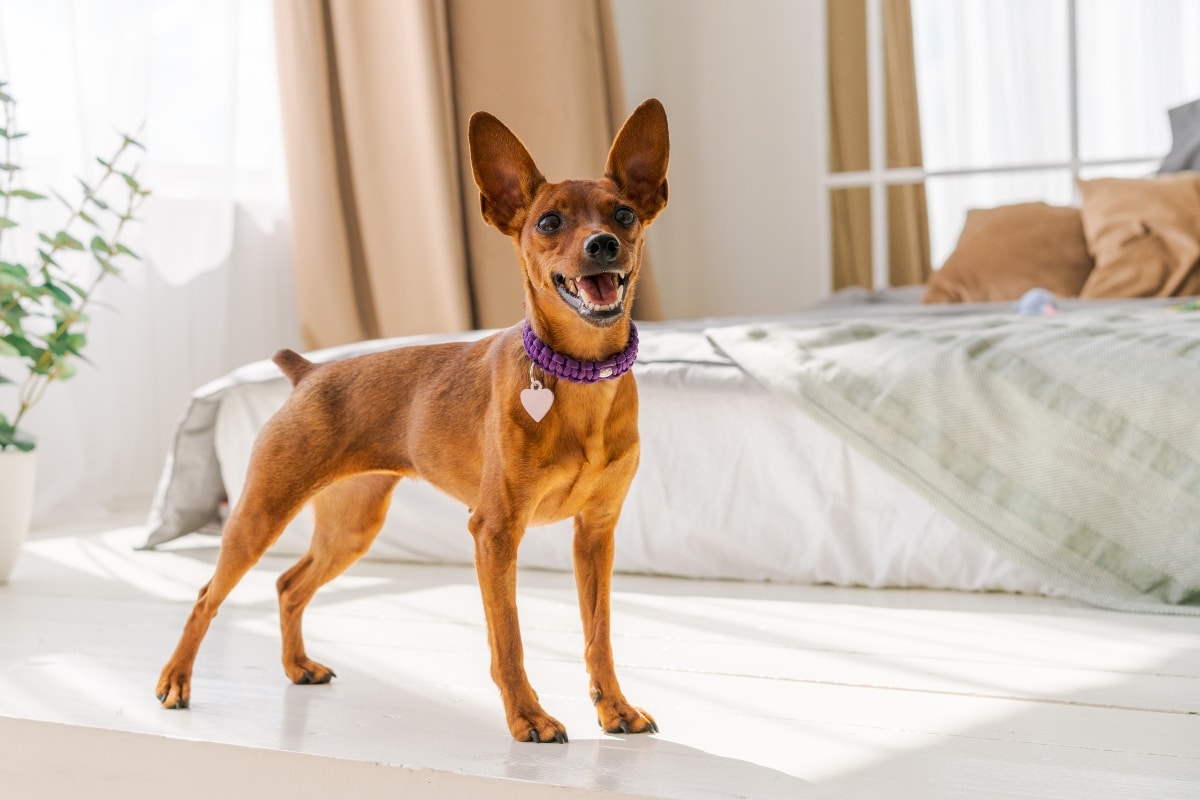 Shutterstock
Shutterstock
It’s one of the most gut-wrenching sounds in the world—a dog howling behind the door just after you’ve closed it. Many of us brush it off as “separation anxiety” and rush to work with a heavy heart. But that distress often comes from something deeper, something more nuanced than just missing their person. Dogs don’t have words, so they speak with behavior—and when we leave, they sometimes speak loudly.
They Feel Abandoned, Not Just Alone
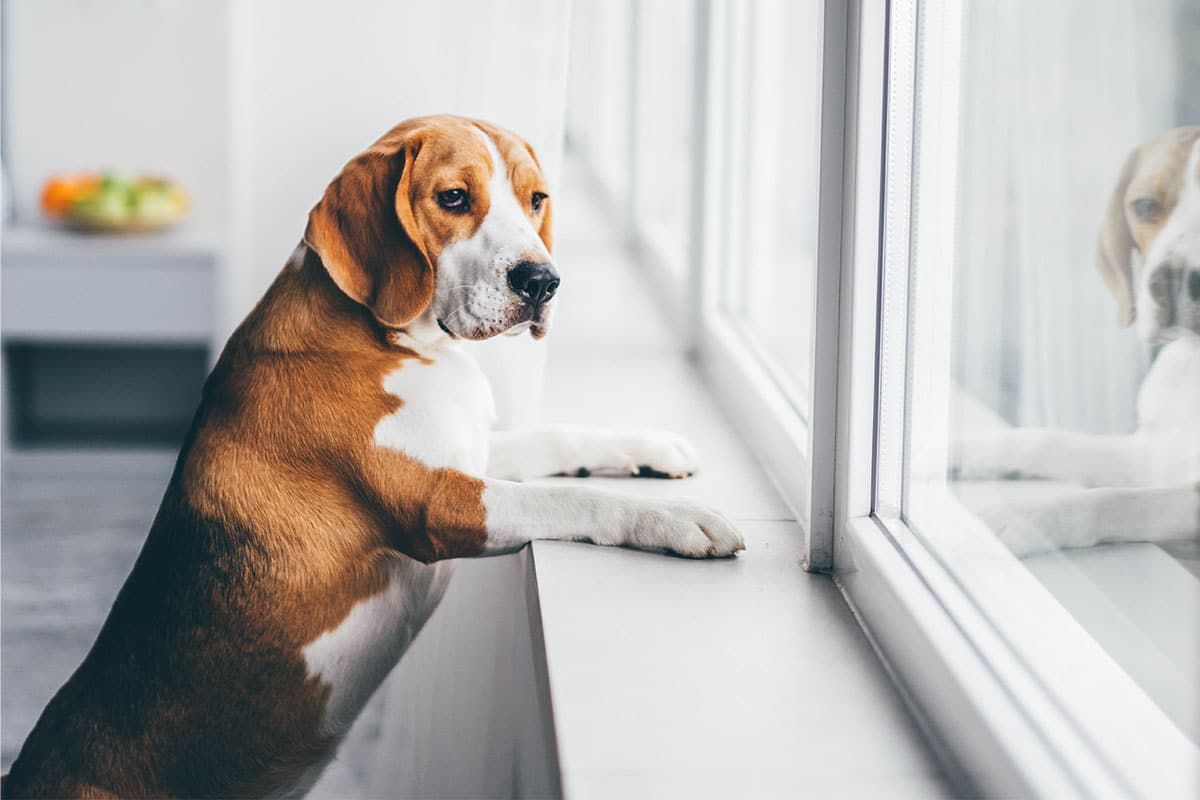 Shutterstock
Shutterstock
Dogs form deep emotional bonds, and when we leave without a clear explanation, it can feel like abandonment. They don’t understand calendars or clocks, only the ache of your absence. Some dogs fear you’ll never return, especially those with a history of being rehomed or neglected. Their acting out isn’t rebellion—it’s a desperate attempt to cope.
Lack of Mental Stimulation
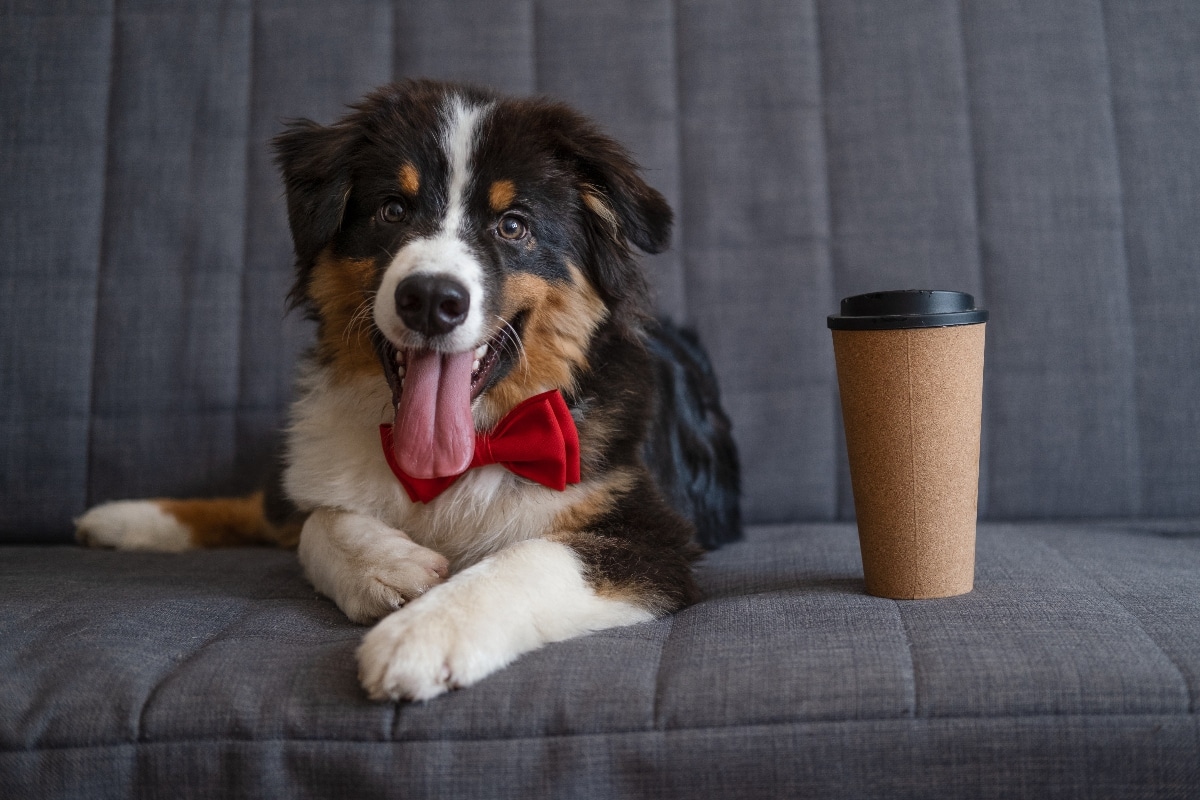 Shutterstock
Shutterstock
A bored dog is a mischievous dog. Without mental engagement during the day, dogs may seek out entertainment in the form of chewed shoes, overturned trash cans, or endless barking. They’re not trying to punish you—they’re trying to make sense of the stillness. Think of it as a curious child left in a room full of puzzles with no instructions.
Unused Energy Needs a Place to Go
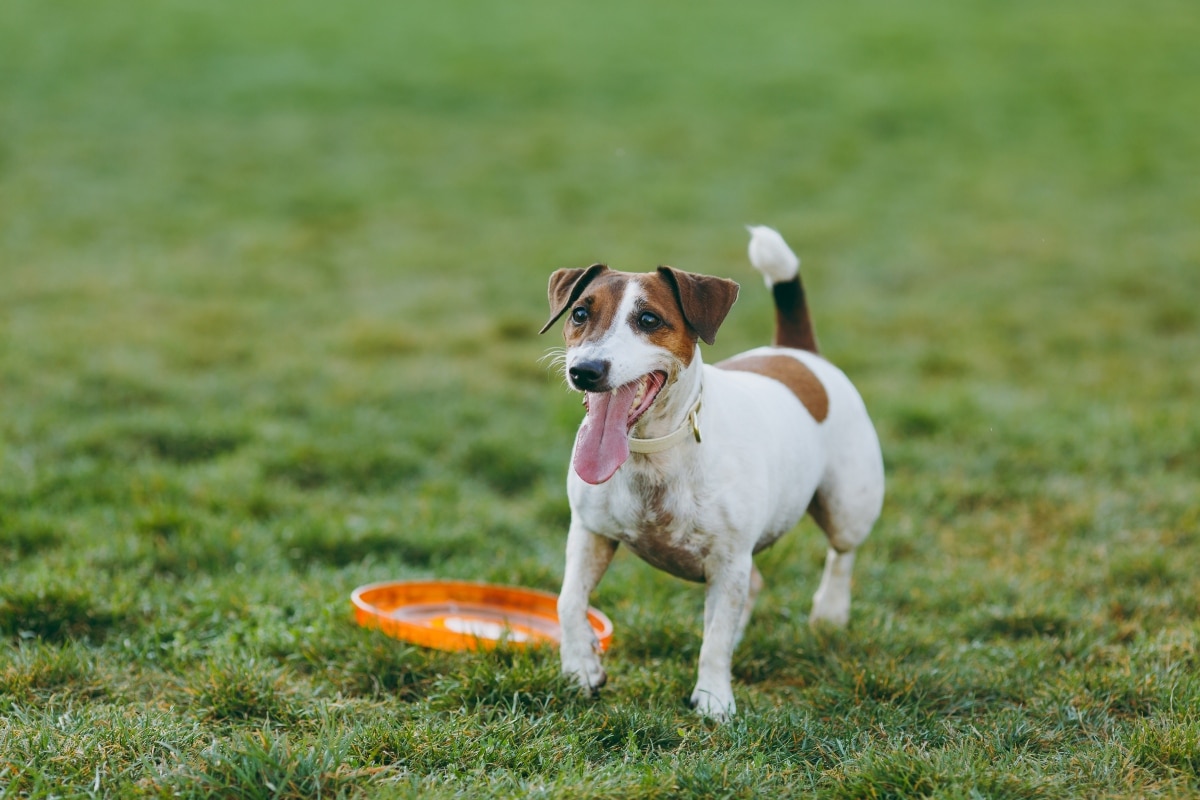 Shutterstock
Shutterstock
Some dogs act out simply because they haven’t burned enough energy. A quick morning potty break doesn’t meet the physical needs of an energetic pup. When that energy builds up, it can explode into destructive behavior the moment you’re gone. Exercise is their valve—it helps them release anxiety before it becomes chaos.
Confusion About Boundaries
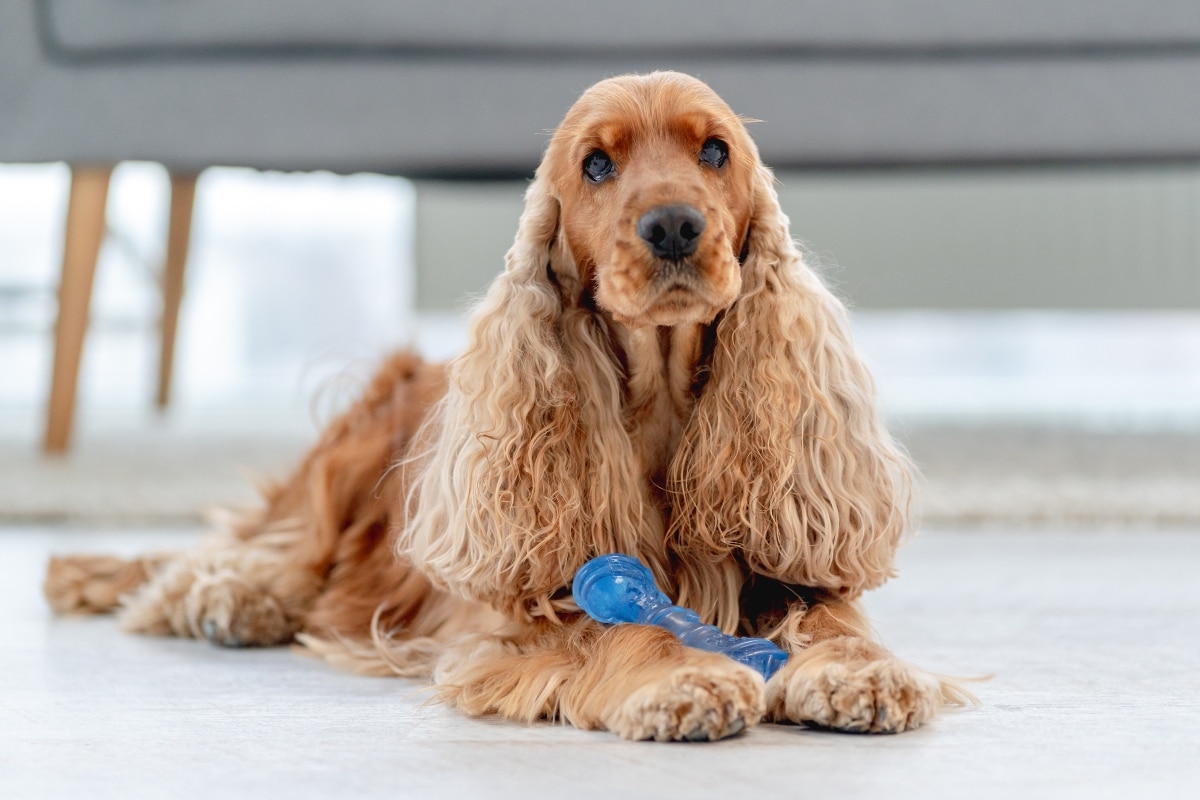 Shutterstock
Shutterstock
Inconsistent rules can leave dogs unsure of what’s allowed. If one day the couch is fair game and the next it’s off-limits, they won’t know what’s expected when you’re gone. This uncertainty can manifest as testing behaviors like climbing, chewing, or digging. Dogs thrive on clarity—and when they don’t get it, they make their own rules.
Residual Trauma from a Previous Life
 Shutterstock
Shutterstock
Dogs who have been through abandonment, abuse, or constant rehoming often carry invisible scars. When you leave, it might trigger past memories of being left for good. Their fear isn’t about this morning—it’s about the history that taught them people disappear. Acting out becomes a form of self-protection against heartbreak.
They Mirror Your Anxiety
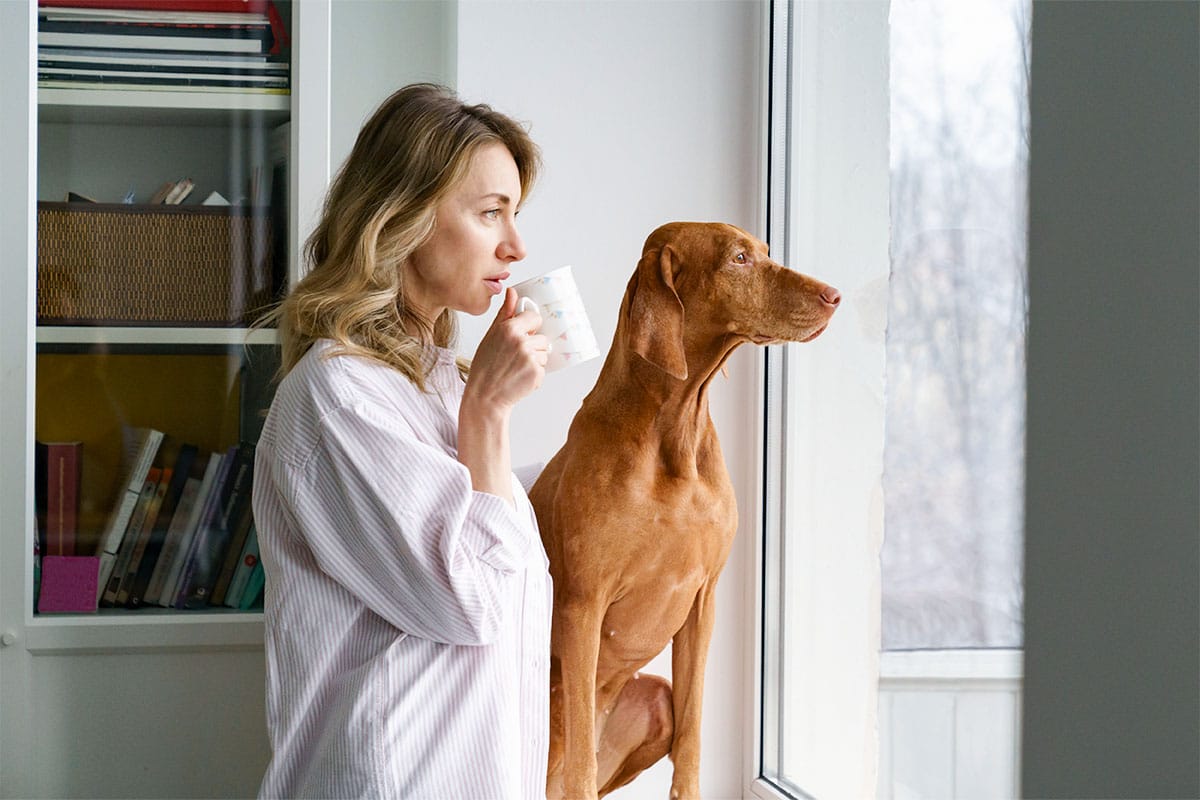 Shutterstock
Shutterstock
Dogs are deeply intuitive creatures. If you leave in a rush, flustered or worried, they absorb that tension. Your anxiety can amplify theirs, making your exit feel like a crisis rather than a routine event. A calm goodbye gives them permission to feel secure, even in your absence.
They’re Overly Attached Without Coping Skills
 Shutterstock
Shutterstock
Some dogs become so bonded to their humans that they never learn how to be okay alone. They rely on your presence for stability, and without it, they unravel. This intense attachment can lead to behaviors like pacing, whining, or even self-injury. They don’t just love you—they depend on you emotionally.
They Pick Up on Departure Cues
 Shutterstock
Shutterstock
Grabbing your keys, putting on shoes, or spraying perfume—these rituals signal “goodbye” before you even say it. For some dogs, these cues are a trigger, setting off anxiety before you’re out the door. Over time, they may react earlier and more dramatically, trying to change the outcome. They’re not dramatic—they’re just trying to stop you from leaving.
Medical or Dietary Needs Are Unmet
 Shutterstock
Shutterstock
Sometimes, behavior issues stem from discomfort, not emotion. A dog with an upset stomach, tooth pain, or unmet dietary needs may act out because they don’t feel well. If acting out begins suddenly, it’s worth checking for underlying health issues. Pain has a way of turning even the gentlest dogs into restless souls.
Lack of Safe, Comfortable Space
 Shutterstock
Shutterstock
When dogs don’t have a cozy, defined space to retreat to, they may feel insecure when alone. A safe zone—like a crate with a soft blanket, a familiar toy, or even a window view—can ease their anxiety. Without it, the whole house can feel like unfamiliar territory. They need a den, not a mansion.
They Don’t Know How to “Wait”
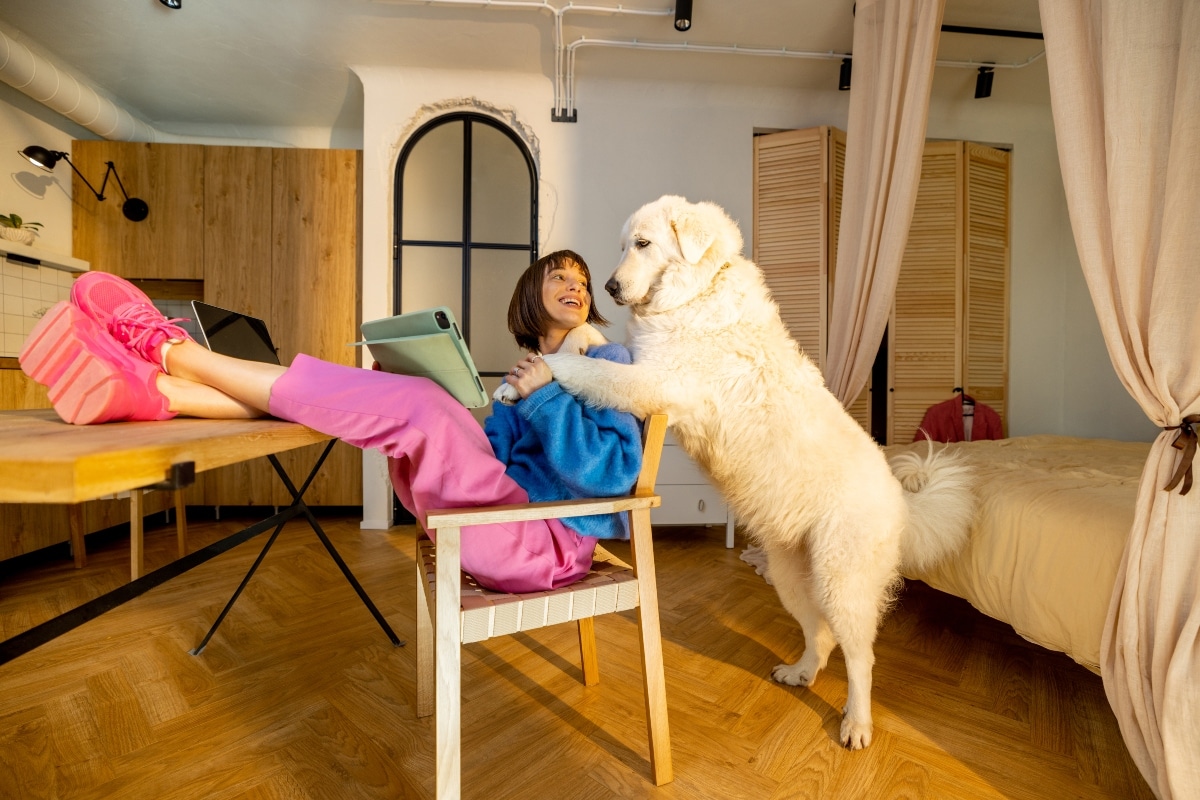 Shutterstock
Shutterstock
Patience isn’t something dogs are born with—it’s taught. If your dog hasn’t learned that good things come after waiting, being left alone feels like the end of the world. Teaching “wait” in small doses helps build resilience. Over time, waiting becomes a normal part of their emotional vocabulary.
A Little Chaos, A Lot of Love
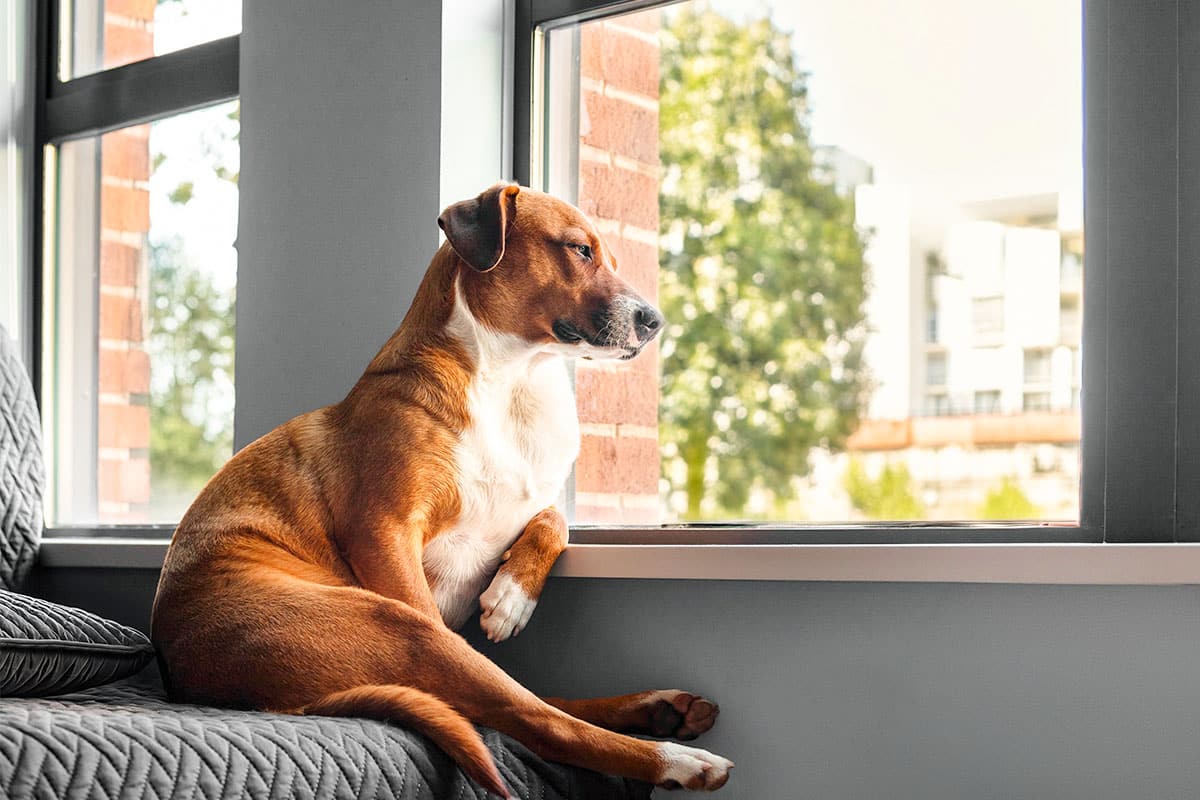 Shutterstock
Shutterstock
When a dog acts out after you leave, it’s not to spite you—it’s a form of communication. Behind every shredded pillow or anxious howl is a story of love, fear, confusion, or unmet needs. With patience, consistency, and understanding, we can teach them that alone doesn’t mean abandoned. Because to a dog, love doesn’t leave. It waits at the door, just like they do.

 4 days ago
12
4 days ago
12
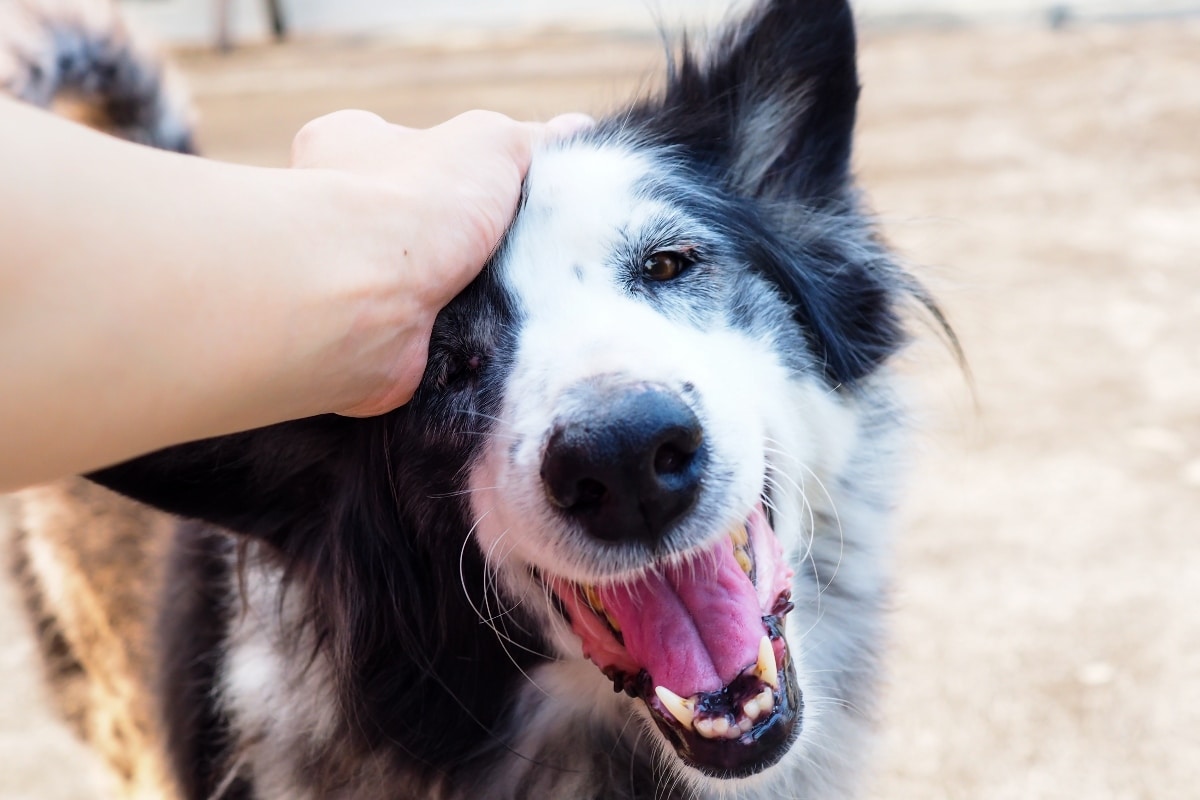
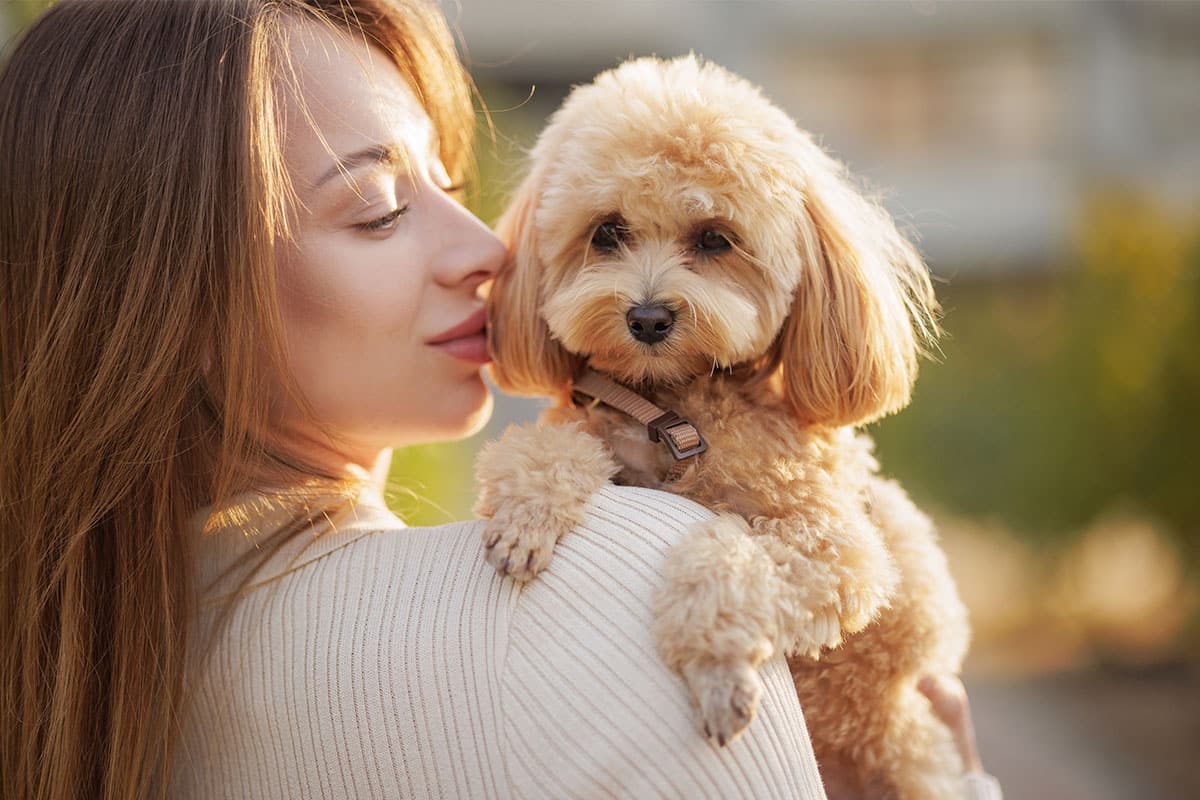

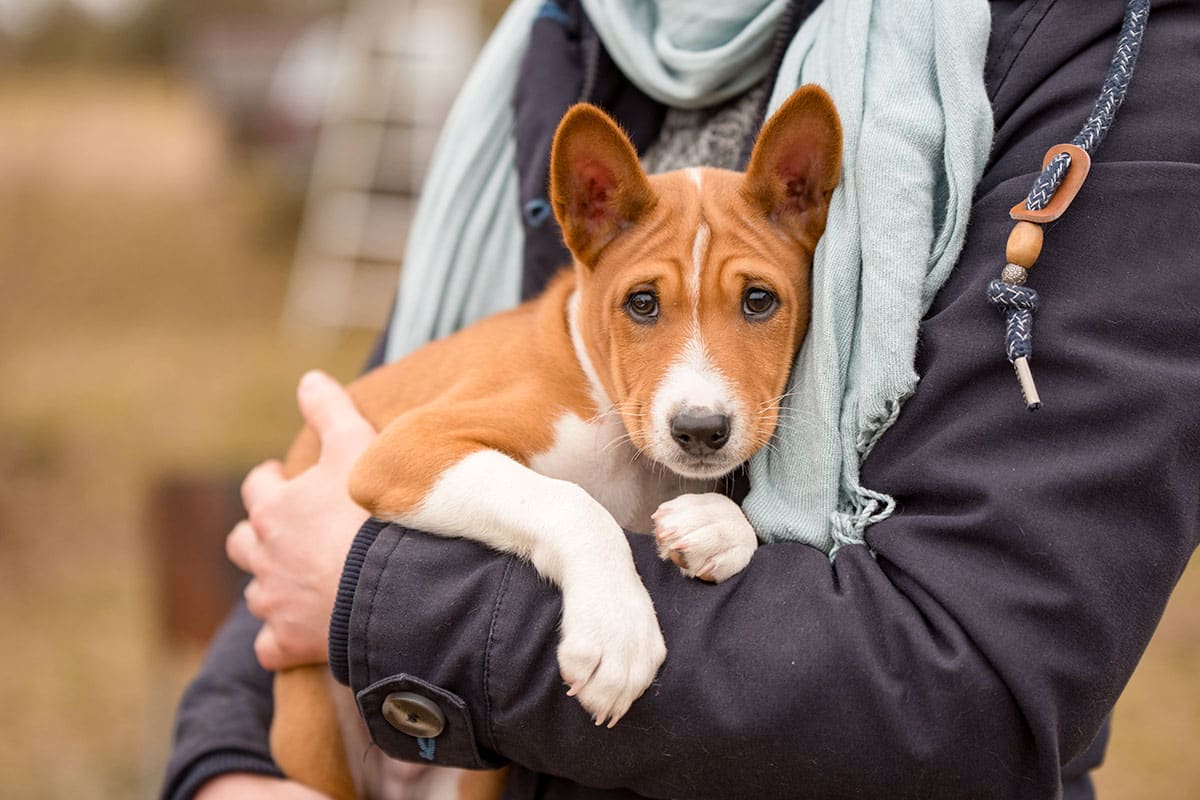


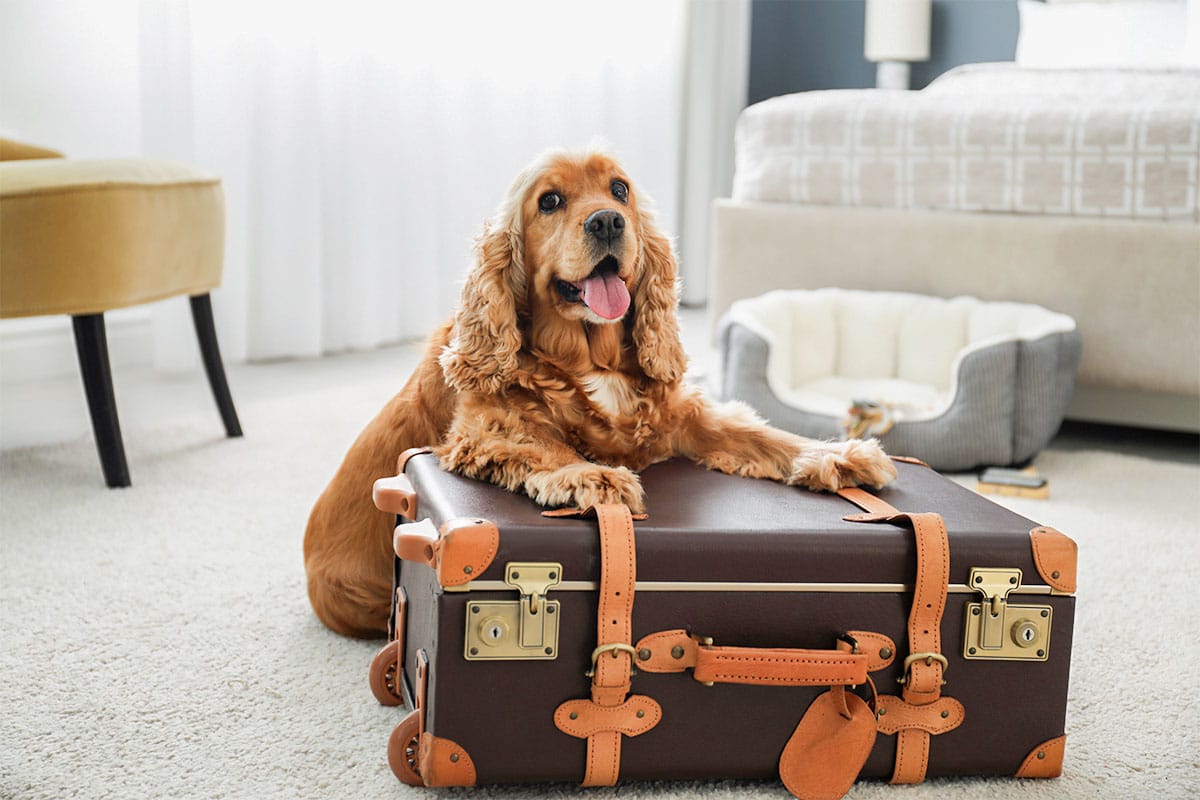



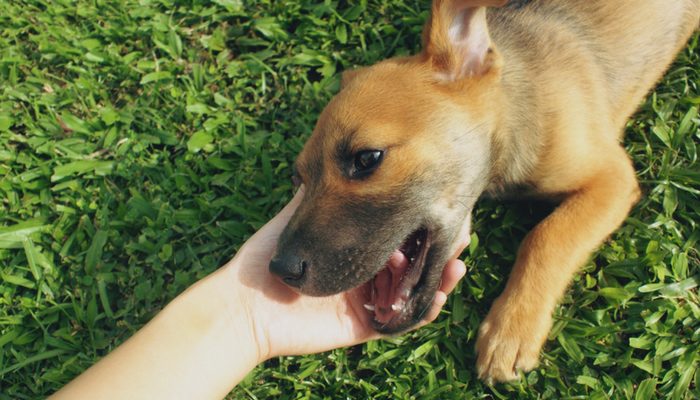


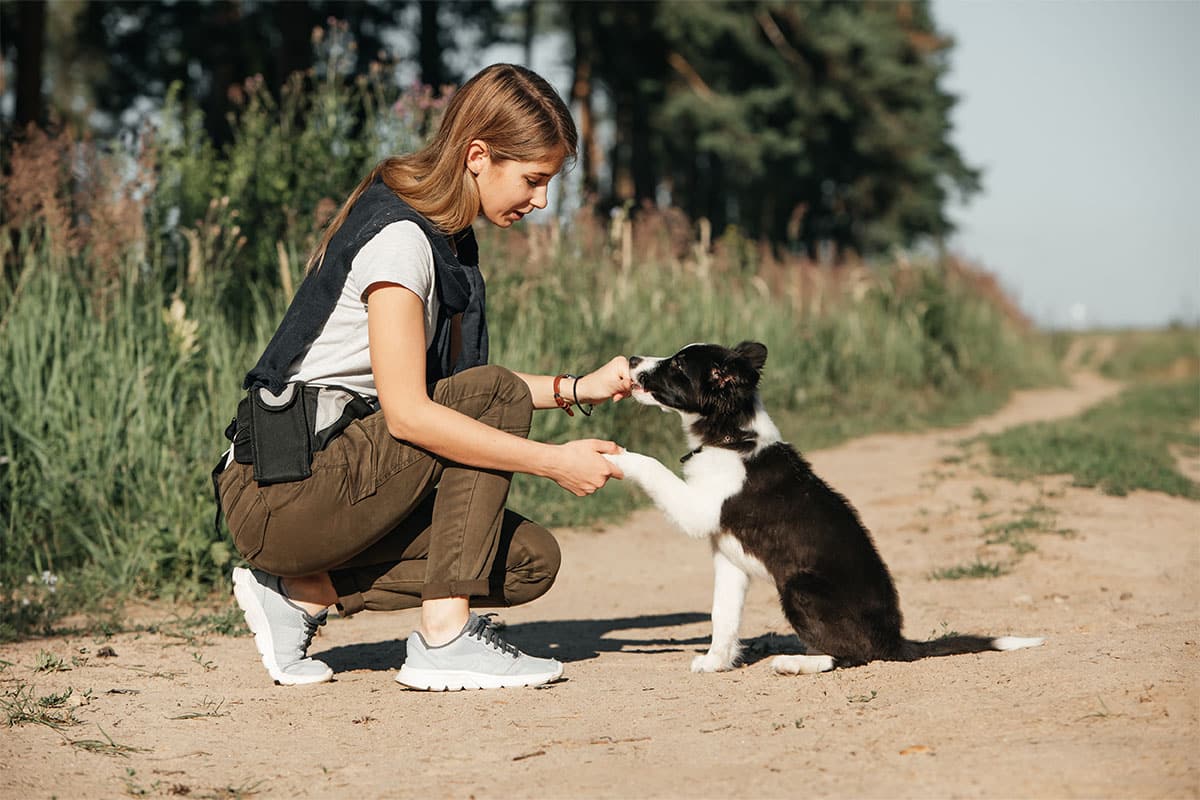


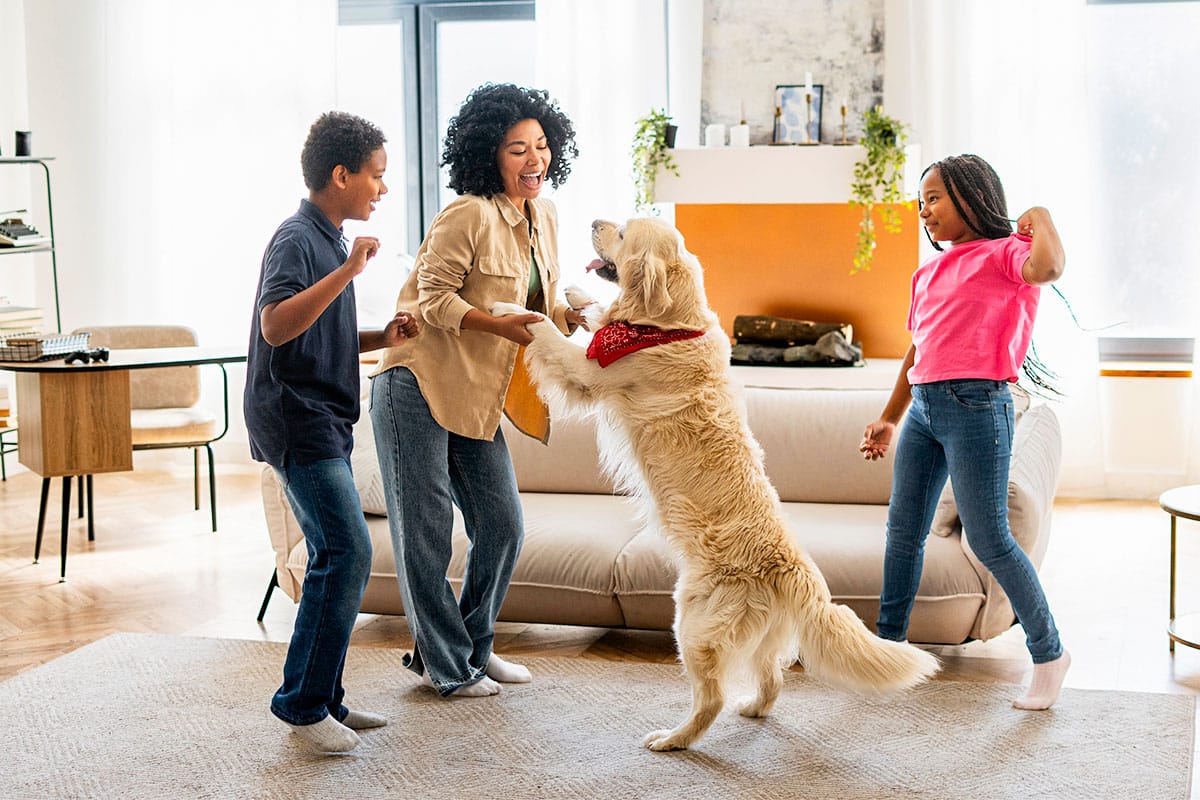

 English (US) ·
English (US) ·